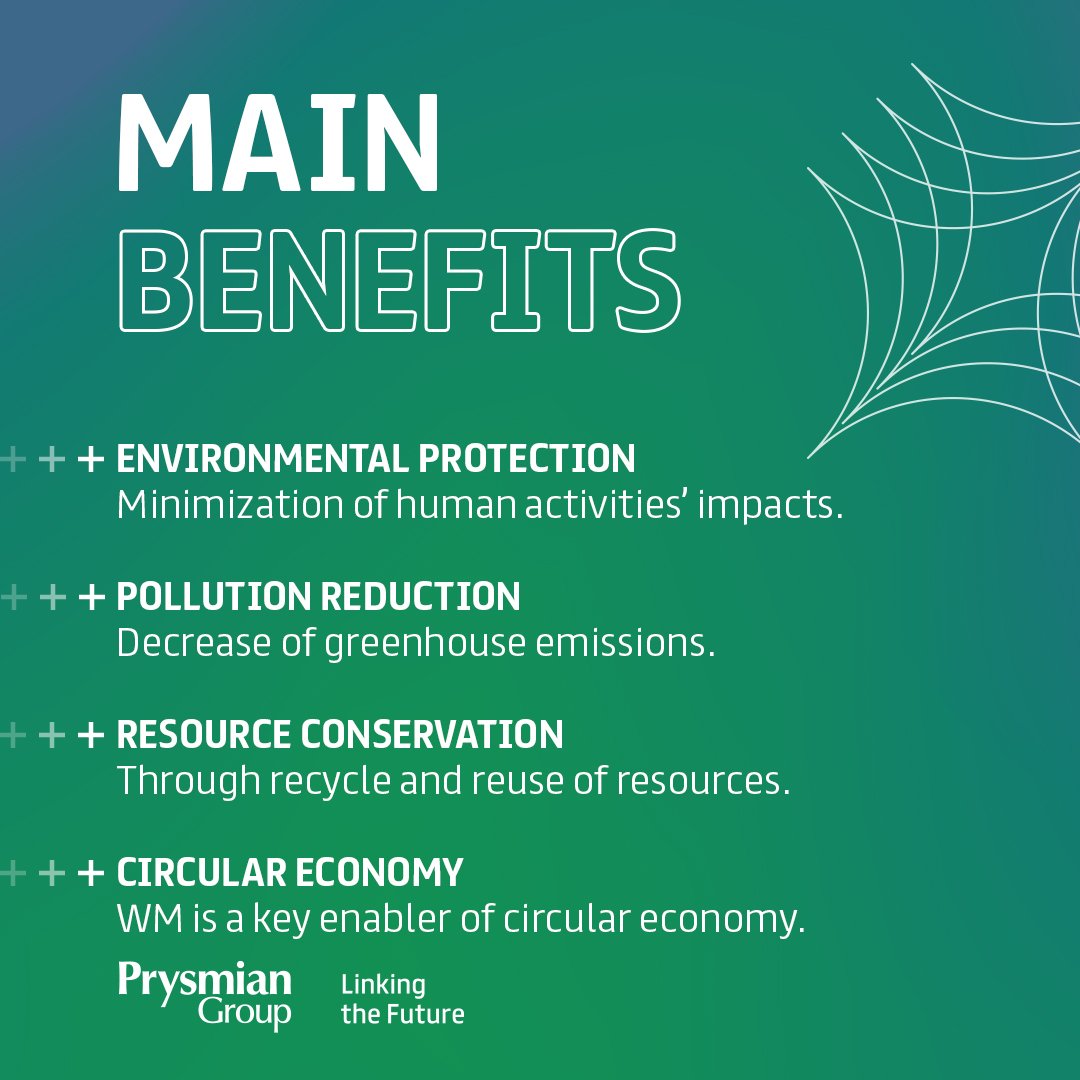Getting My Reclaim Waste To Work
Getting My Reclaim Waste To Work
Blog Article
Reclaim Waste Things To Know Before You Buy
Table of ContentsThe Main Principles Of Reclaim Waste Some Known Facts About Reclaim Waste.Reclaim Waste Can Be Fun For AnyoneThe Best Strategy To Use For Reclaim WasteExamine This Report on Reclaim Waste
Discover the types, occurrences, and forms of fluid waste. Domestic sewer waste describes the waste and products from a household septic tank. This kind of waste is developed by human beings in homes, institutions, and various other structures. This only includes septic storage tanks that have a drainpipe area. The correct administration and disposal of domestic sewage waste need liquid waste to be transferred to a sewage therapy plant where the correct approaches and equipment are applied to purify and take care of waste.
Commercial waste frequently consists of prospective dangers, such as combustible materials or a mix of fluid and solid waste products, and calls for an advanced and in-depth disposal process. The disposal of business waste normally entails the purification of waste prior to transport to make sure secure and appropriate disposal. Industrial waste is produced from byproducts and runoff of industrial procedures and manufacturing.
This sort of waste can not utilize the exact same sewage administration transport or processes as septic or industrial fluids. The hazardous waste administration process calls for the inspection and testing of fluid waste before it undergoes the disposal process (industrial wastewater treatment). Overflow waste is the liquid waste that originates from runoff and excess stormwater in highly populated areas or cities
Runoff waste can trigger contamination and flooding if not managed appropriately. Ensuring proper waste administration can stop catastrophes and decrease ecological harm.
The smart Trick of Reclaim Waste That Nobody is Discussing
Call PROS Solutions today to learn more about our waste management and disposal services and the proper methods to take care of the fluid waste you produce.
(https://reclaimwaste1.weebly.com/)This so-called 'wastewater' is not only a vital resource yet, after therapy, will be released to our land, waterways or the ocean. Made use of water from toilets, showers, baths, kitchen area sinks, laundries and commercial processes is understood as wastewater.

water made use of to cool down machinery or clean plant and tools). Stormwater, a form of wastewater, is overflow that streams from farming and metropolitan locations such as roofs, parks, gardens, roadways, paths and gutters right into stormwater drains, after rainfall. Stormwater streams neglected straight to local creeks or rivers, eventually getting to the ocean.
The Definitive Guide to Reclaim Waste
In Queensland, most wastewater is treated at sewage treatment plants. Wastewater is carried from domestic or commercial websites via a system of sewage systems and pump stations, known as sewerage reticulation, to a sewer treatment plant.
The Division of Natural Resources suggests city governments regarding managing, operating and preserving sewage systems and therapy plants. In unsewered areas, city governments might call for householders to install private or home sewage treatment systems to deal with residential wastewater from commodes, kitchen areas, bathrooms and laundries. The Department of Natural Resources authorises the usage of household systems when they are shown to be effective.
Most stormwater gets no treatment. In some new subdivisions, treatment of some stormwater to get rid of clutter, sand and crushed rock has started making use of gross toxin catches. Wastewater treatment occurs in 4 stages: Removes strong issue. Bigger solids, such as plastics and various other things incorrectly released to sewers, are removed when wastewater is gone through displays.
Makes use of tiny living organisms recognizes as micro-organisms to break down and remove staying liquified wastes and great fragments. Micro-organisms and wastes are included in the sludge.
The Buzz on Reclaim Waste
Nutrient removal is not available at all sewer therapy plants due to the fact that it requires costly specialized equipment. Clear fluid effluent generated after therapy may still contain disease-causing micro-organisms - liquid waste disposal melbourne.

A lot of wastewater flows right into the sewage system. Under the Act, local governments provide approvals and permits for ecologically relevant tasks (Ages) including wastewater launches that may have a neighborhood effect.
How Reclaim Waste can Save You Time, Stress, and Money.
Otherwise, examples are taken for research laboratory analysis. Usually several tests are required to establish the degrees of each of the various toxins such as oils, hefty metals and pesticides in water. these details Tracking gives factual information concerning water quality and can confirm that licence problems are being fulfilled. The info acquired via monitoring offers the basis for making water high quality decisions.
Report this page